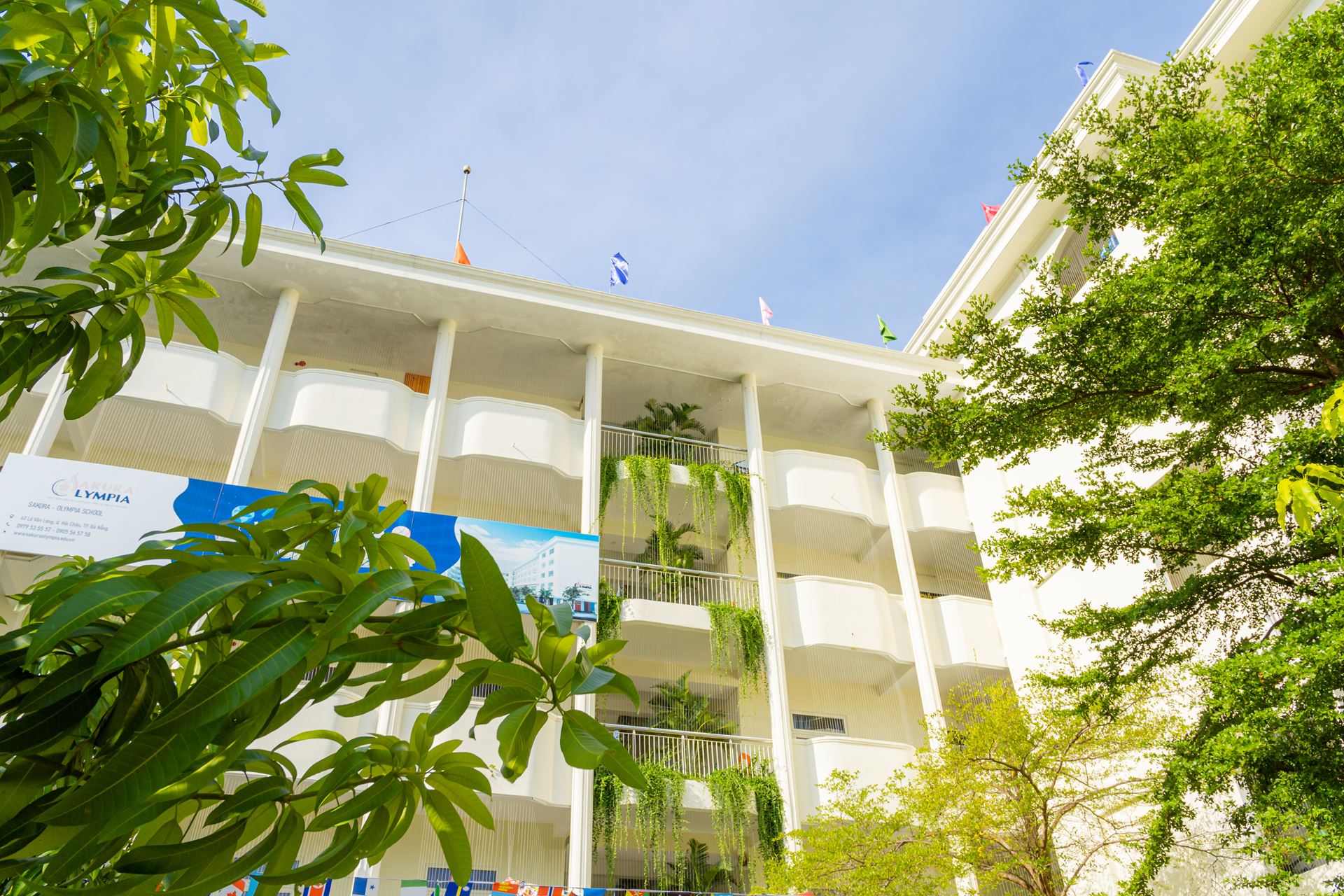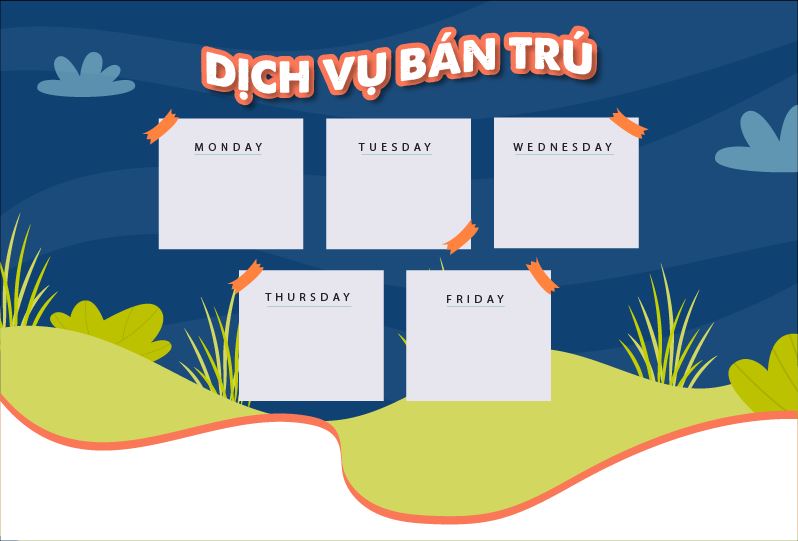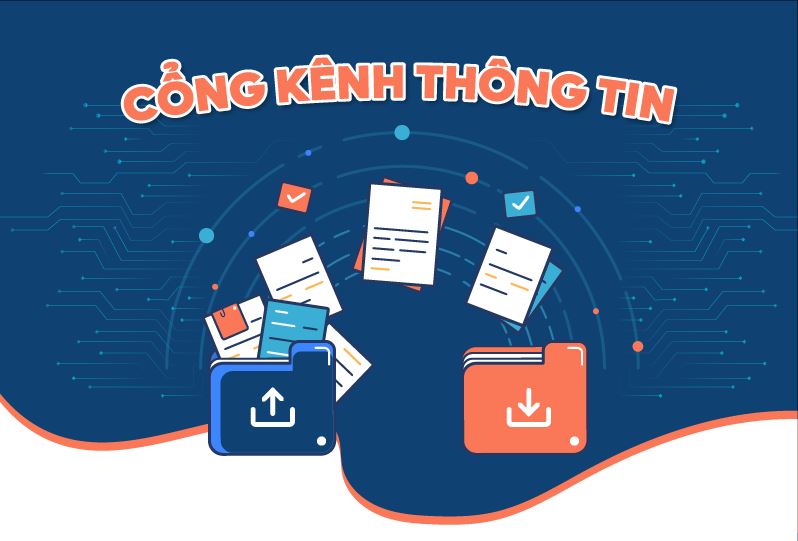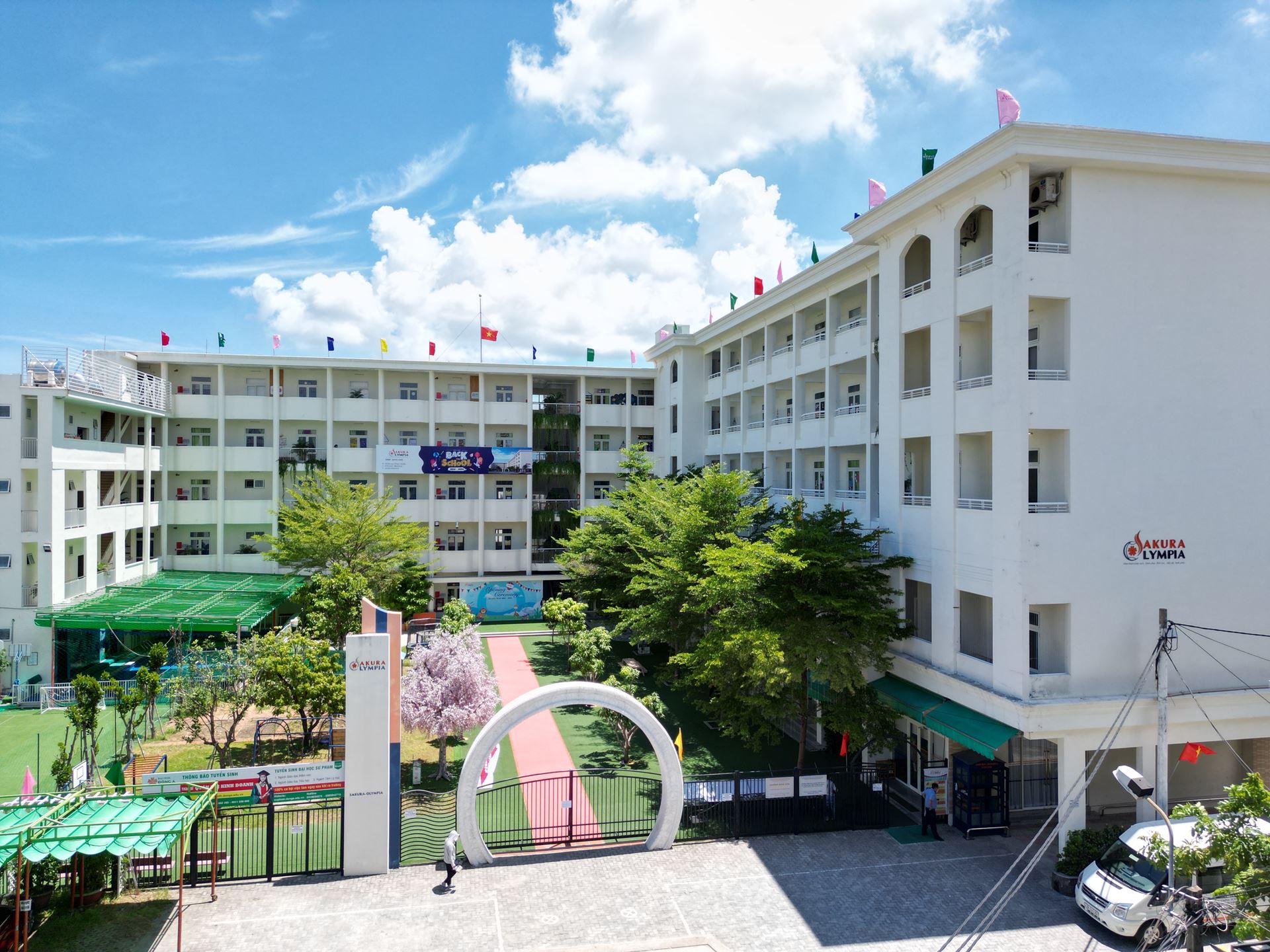Mastering Effective Study and Rest: Unlock Your Academic Potential
Date Submitted: 26/02/2025
Have you ever studied for hours, only to feel like the information slipped away when you closed your books? Or spent entire days at your desk, unable to focus because your mind was too overwhelmed? You're not alone. Effective studying isn’t about cramming — it’s about blending smart study strategies with intentional rest. Let’s uncover how to boost your study sessions and recharge your mind for maximum performance.
SMART STUDY STRATEGIES: STUDY LESS, ACHIEVE MORE
Pomodoro Technique: Focus with Purpose
Forget endless study marathons. The Pomodoro method — 25 minutes of focused study followed by a 5-minute break — keeps your mind sharp and prevents burnout. This structured approach balances intense concentration with regular mental resets, helping you stay productive without feeling drained.

Understanding Over Memorization
Instead of mindlessly memorizing facts, ask yourself: “Why does this happen?” or “How does this connect to what I know?” Understanding the logic behind concepts embeds knowledge deeper into your mind, making it easier to recall and apply.

Mind Maps: Visualize Your Thinking
When information feels scattered, create a mind map. Use colors, images, and keywords to organize ideas visually. This not only clarifies complex topics but also strengthens memory by building clear, logical pathways in your brain.

The 2-Minute Summary: Reinforce What You Learn
After each study session, spend two minutes summarizing key points. This simple habit reinforces new knowledge and sharpens your ability to identify core ideas — a skill essential for both learning and test-taking.

Spaced Repetition: Beat the Forgetting Curve
Don’t wait until the night before an exam to review. Schedule regular study reviews — daily, weekly, and monthly — to lock information into your long-term memory. Consistent revision prevents last-minute cramming and boosts retention.
STRATEGIC REST: RECHARGE FOR PEAK PERFORMANCE
The 3M Brake System: Micro, Meso, Macro
Rest is more than just scrolling through social media. The 3M approach helps you rest with intention:
- Micro breaks: Take a few minutes throughout the day to stretch, breathe deeply, or listen to calming music — small acts that quickly refresh your mind.
- Meso breaks: Set aside 1-2 hours each week for hobbies — painting, reading, or a nature walk — to mentally reset.
- Macro breaks: Plan longer monthly breaks — from a half-day to a full day — for activities like family outings or trips with friends to recharge fully.

The 7 Types of Rest: A Holistic Approach
True rest isn’t just about sleep. To fully recover, embrace these seven types of rest:
- Physical rest: Prioritize sleep, stretch regularly, and try yoga to restore your body.
- Mental rest: Journal, meditate, or take quiet moments to clear your thoughts.
- Sensory rest: Limit screen time, close your eyes, and reduce noise to ease overstimulation.
- Creative rest: Inspire yourself — watch a sunset, visit a museum, or explore new environments.
- Emotional rest: Share your feelings with a trusted friend or reflect in a journal.
- Social rest: Spend quality time with people who uplift and energize you.
- Spiritual rest: Find inner peace through meditation, volunteering, or practicing mindfulness.

BALANCE IS KEY: THE SECRET TO SUSTAINABLE SUCCESS
Academic success doesn’t come from constant studying alone — it’s about mastering the rhythm between focused learning and meaningful rest. Avoid the trap of endless hustle. Listen to your body, structure your schedule, and allow yourself space to recharge.
With a sharp mind and a balanced heart, your journey to knowledge will be both rewarding and sustainable. Keep learning, keep resting, and most importantly — keep growing.


























